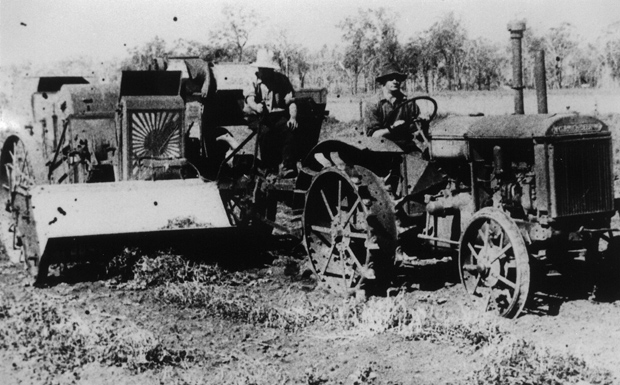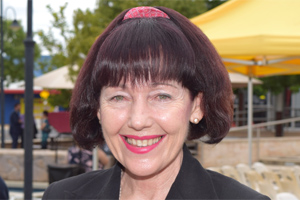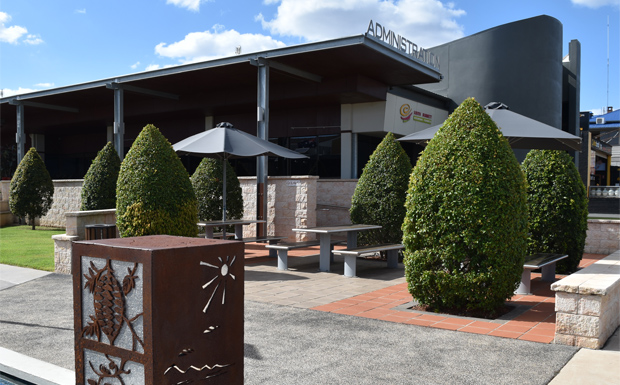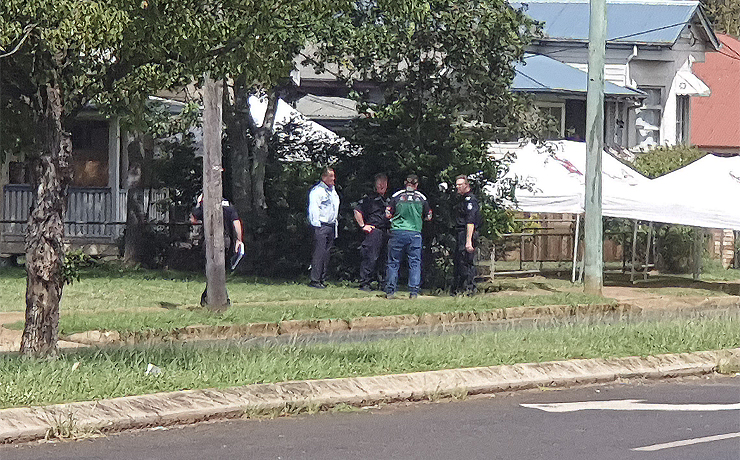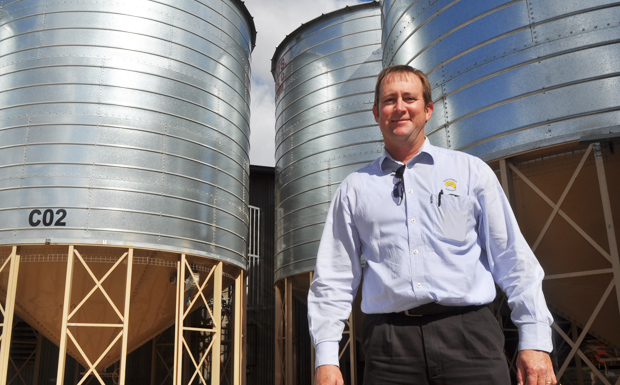
February 4, 2014
The Federal Government’s decision last week to knock back a request for $25 million assistance for SPC Ardmona in Shepparton could spell the end of the Australian navy bean industry – and cost Kingaroy-based Bean Growers Australia its single largest customer.
SPC operates Australia’s last baked bean cannery and is BGA’s sole outlet for navy bean sales.
BGA Managing Director Lloyd Neilsen said today if SPC stopped production there was no alternative market for Australian navy beans.
And as navy beans make up 15-20 per cent of BGA’s production, the loss of the sales would “hurt us for a while”, he said.
“We will feel the effects and there is no getting away from that,” Mr Neilsen said.
However he said BGA, which is celebrating its 50th birthday this year, would keep going.
BGA sources its navy beans from growers in the South Burnett, Riverina, Northern NSW, Southern Queensland, Central Queensland, the Burdekin and Far North Queensland so the collapse of the industry would be felt far and wide.
What happens next will depend on what Coca-Cola Amatil (CCA) decides to do now with its Shepparton plant.
Mr Neilsen said there was no export market for Australian navy beans as they could not compete on the world market against beans grown in Canada which receive heavy subsidies from the Canadian Government.
“We just can’t grow them as cheaply as they can in Canada,” he said.
This is the second time that navy beans have shaken BGA to the core.
Heinz withdrew from the Australian market about 13 years ago, switching to New Zealand production.
At the time Heinz were BGA’s largest single customer – twice the size of SPC – and the loss created a lot of soul searching at BGA and a push to diversification.
* * *
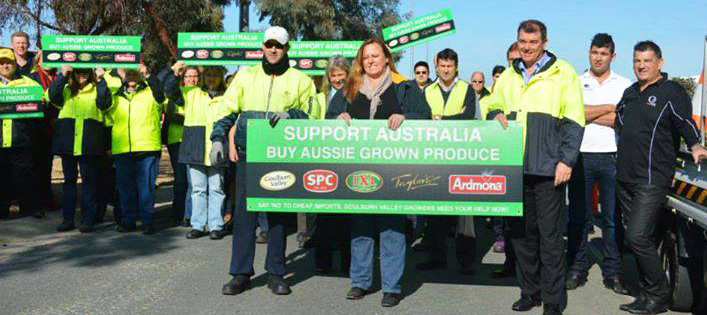
Coca-Cola Amatil (CCA) purchased SPC Ardmona in 2005.
It had requested $25 million from the Federal Government to upgrade the Shepparton cannery to keep it operational. A grant of $25 million from the Victorian Government for the same project was conditional on Federal Government assistance.
CCA – an Australian company despite its name – also committed more than $90 million itself to the project.
Following the decision by the Federal Government to knock back its request, CCA told the ASX that its Board would make an announcement about the future of the operation on February 18.
“The government decision is disappointing in light of the fact that SPC Ardmona had presented to both the Federal and Victorian governments a solid business case for a one-off co-investment of $25 million each with CCA committing to a significant and much greater investment of more than $90 million,” CCA Group Managing Director Terry Davis said.
“This was to be invested in best-in-class technology for both new product development and for efficiency gains to enable the transformation of the production facility in the Goulburn Valley into a modern, high-tech food company, utilising clean, green Australian-grown fruit and vegetables.”
Announcing the decision to refuse the assistance – after a three-hour Cabinet discussion last Thursday – the Federal Government noted that Coca-Cola Amatil had posted a half-year profit of $216 million to June 2013. It also suggested CCA negotiate with workers about their “generous” allowances, loadings and sick leave.
The decision was immediately attacked by unions, local Liberal MP Sharman Stone (who cited a decision by the Federal Government to give $16 million to foreign-owned Cadbury in Tasmania) and Goulburn Valley fruit growers. It also disappointed the Victorian Government which says it is now working with SPC to keep the company viable.
SPC Ardmona is the last remaining major fruit and vegetable processor in Australia and employs up to 1200 people at the Shepparton plant at peak season. Up to 3000 jobs are believed to be at stake in the wider Goulburn Valley area.
Footnote: It seems having friends in high places isn’t enough for BGA. One of the most important names associated with the history of the company is Errol Truss, who was chairman of the former Farmers’ Co-Op from 1968 to 1991. He was one of the South Burnett farmers who first began growing navy beans for the US Army during World War II, the impetus of the modern industry. Errol, who died in 2003, was the father of current Deputy Prime Minister Warren Truss and Kumbia navy bean grower Gary Truss.
Related articles
External link
